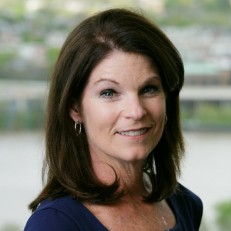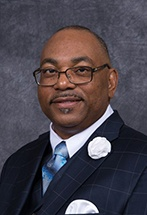Originally published on February 11, 2011
Will we be in a rush to return to the days of “rush hour”?
When vaccinations reach critical mass, when the casualty curve is flattened, and when science and medical authorities agree that “the coast is clear,” or clear enough, to return to non-pandemic behavior, will the U.S. workforce return to “normal”?
That’s the question to be addressed Monday, February 15, at 11:30 a.m. ET, during a virtual panel discussion called “Post Covid-19 Return to Work for the Public Sector,” hosted by the Schar School of Policy and Government Alumni Chapter. The discussion is free and open to the public. Registration is required.
Guests include Beth McGrath, U.S. managing director for the global consulting firm Deloitte and former deputy chief management officer for the Department of Defense, and Everett Kelley, president of the American Federation of Government Employees, which represents some 670,000 federal employees.
They will be joined on the panel by Terry Clower, director of the Schar School’s Center for Regional Analysis. Moderating the 90-minute conversation will be professor Tojo Thatchenkery, director of the Schar School’s Master’s in Organization Development and Knowledge Management program.
The subject of the discussion is uniquely timely, said Thatchenkery.
“As we get close to a year of living with the pandemic, some of the changes that were thought to be temporary may become more permanent,” he said. “There will be major shifts in how the federal government and the profit- and nonprofit sectors manage talent acquisition and retention for the foreseeable future. Yet, the shift will be an emergent phenomenon, as policy makers and leaders deal with the pandemic-induced changes in how we work as they happen."
“If you are not in a customer-facing, physical job, the 40-hours-per-week at an office is done for the foreseeable future,” said Clower. “If you are used to traveling for business for intra-company functions and duties, you will be spending a lot more time at home.”
“This is about dealing with change with no playbook,” added Thatchenkery. “’Embracing and thriving on ambiguity’ will be the new mantra for success.”
Schar School fact: The Alumni Chapter represents a community of more than 16,000 graduates, many of them working in key positions in nearby Washington, D.C.


